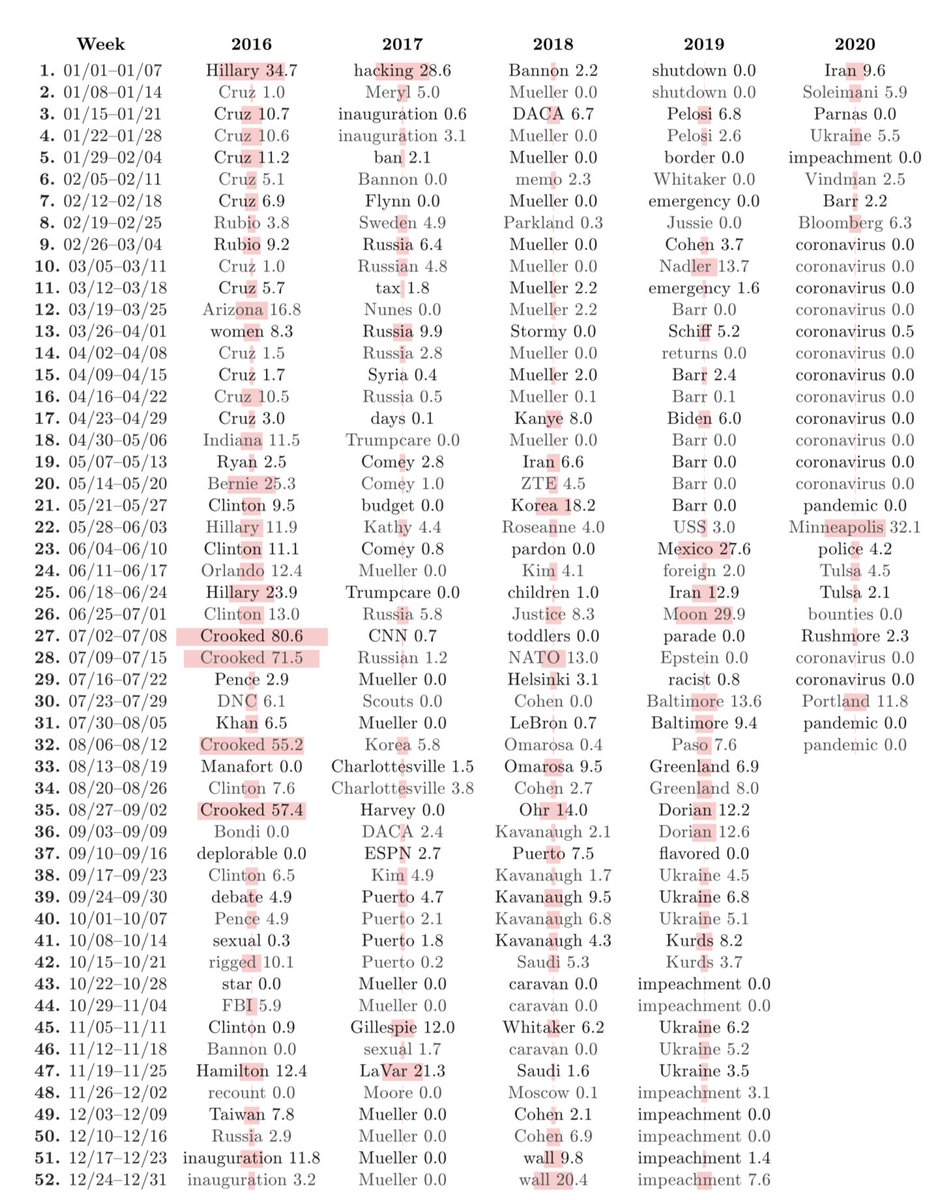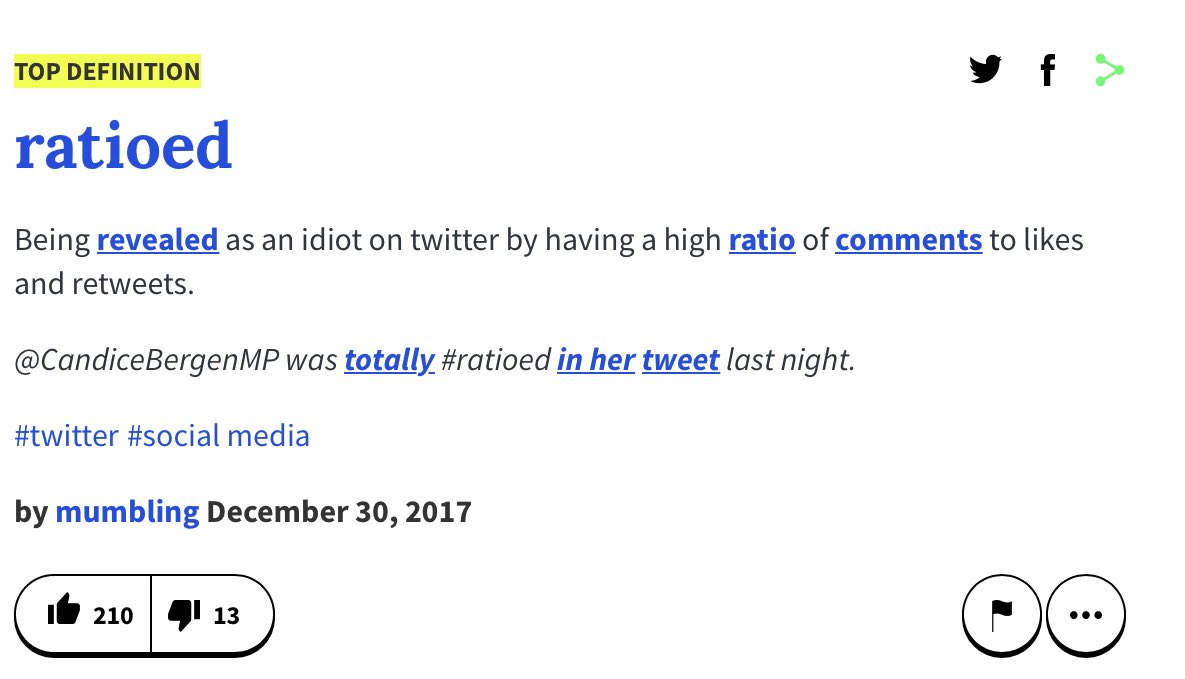
Awesome Research Group run by @peterdodds and @chrisdanforth: The Computational Story Lab.
How to get URL link on X (Twitter) App



 The paper:
The paper:


 Led by @d_r_dewhurst and inspired by Russian interference in the 2016 election, we simulate the timeless competition between red and blue
Led by @d_r_dewhurst and inspired by Russian interference in the 2016 election, we simulate the timeless competition between red and blue 



 2/5 While this statement could certainly be true, raw n-gram data is not able to support the claim due to underlying non-stationarity. The author is likely referring to trends like figure 5h in the original Culturomics paper, “God” is decreasing.
2/5 While this statement could certainly be true, raw n-gram data is not able to support the claim due to underlying non-stationarity. The author is likely referring to trends like figure 5h in the original Culturomics paper, “God” is decreasing. 